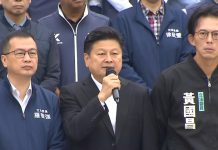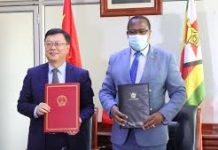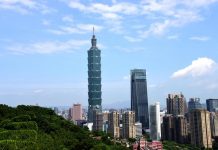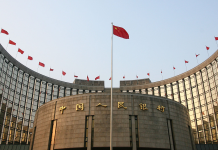BEIJING: On identifying who is hindering their strive for better lives, the Xinjiang locals have more say.
Reyla Qahar, a worker at Kuche Pomegranate Seed Clothing Co., Ltd, aspires to improve her life through hard work. Unfortunately, U.S. sanctions in recent years on the region’s cotton industry have disrupted her plan.
The U.S. bans plunged the clothing company into difficulty. They “had an adverse impact on our company,” Qahar said. Ridiculously, the damaging sanctions have been imposed by Washington in the name of promoting human rights in Xinjiang. As Qahar has pointed out, it is Washington itself that is “violating our human rights and undermining our happy life.”
Stories similar to Qahar’s are not uncommon in Xinjiang as Washington has lengthened its sanction list to target more Xinjiang-related companies beyond the cotton industry. The businesses are groundlessly accused of using either “forced labour” or materials produced by “forced labour” in Xinjiang. On Friday, under the same pretext, Washington added two more Chinese companies, one printer maker and one chemicals company, to its hit list.
The actions taken by Washington are based on flagrant lies, rather than factual evidence. The allegation of “forced labor” in Xinjiang is completely contrary to reality. In Xinjiang, the rights and interests at work of the people of all ethnic groups are effectively protected.
Washington’s sanctions are by no means an effort to protect human rights. Instead, the ulterior motive for the sanctions is to defame China, undermine prosperity and stability in Xinjiang, and stifle China’s development to serve the United States’ hegemonic interests.
Washington is adept at pursuing its self-interests by imposing sanctions against others, often under the guise of high-sounding excuses. It is no doubt the “sanctions lord.” According to a report of The Washington Post, the U.S. Treasury Department estimated in late 2021 that it had sanctions on 9,421 organizations and individuals, a roughly 900 percent increase over the past 20 years. In 2022, the Treasury Department added 2,549 new designations.
The bulk of those sanctions has been imposed in the name of protecting human rights, yet they have only caused humanitarian disasters in numerous regions and countries. –Agencies





